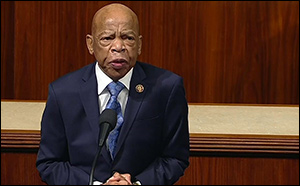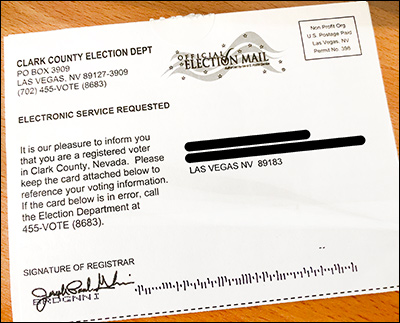By Jim Ellis
July 22, 2020 — Late last night, the Jen Richardson for Congress campaign in Michigan released a Gravis Marketing survey (July 16; 604 MI-6 likely general election voters via interactive voice response system) that defies credibility. According to Gravis, Democratic candidate Richardson leads 17-term incumbent Rep. Fred Upton (R-St. Joseph) by 20 percentage points, 56-36 percent.It is difficult to know even where to begin with the analysis. Let’s first point out that Richardson, who has raised just over $57,000 according to her June 30 Federal Election Commission disclosure report, is a big underdog in the Democratic primary let alone against Rep. Upton if paired in the general election.
Richardson is a teacher from Kalamazoo, running, as she describes, to be a voice for the middle class. Her Democratic opponent, however, in the intra-party election that will be decided Aug. 4, is three-term state Representative Jon Hoadley (D-Kalamazoo), who is ineligible to seek re-election under the Michigan term limits law. In contrast to Richardson’s meager fundraising, Hoadley has attracted over $1.3 million and is the heavy favorite to face Rep. Upton in the fall campaign.
Perhaps the most glaring flaw in the Gravis poll – a survey firm that normally works for Republican candidates and often finds themselves posting better numbers for GOP contenders than other pollsters surveying the same races, e.g., Arizona president and Senate races at the end of June – is with their follow-up question.
Any established credibility ends totally when they report the generic ballot test question results, i.e., “if the election for Michigan District 6 were today and the candidates were a generic Democrat vs. a Republican, who would you vote for?” The same sampling universe that favors Richardson over Upton by 20 points chooses the generic Republican in a 46-43 percent margin.
Therefore, this poll’s results tell us that their interactive voice response system, which allows people to listen to an automated survey and then answer the questions by choosing a related number on their telephone, expects us to believe a conclusion that gives the Republican Party a three-point edge in this district, but their 34-year incumbent who has won 17 consecutive general elections in the southwestern Michigan region is 20 points behind someone who has little to no name identification?







